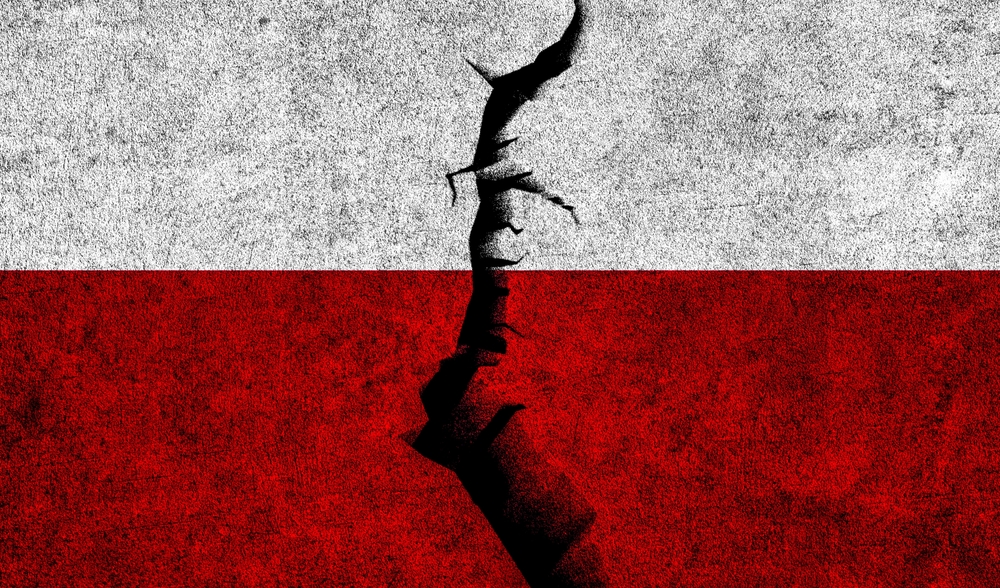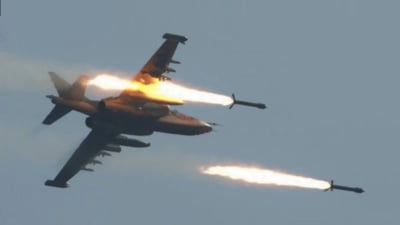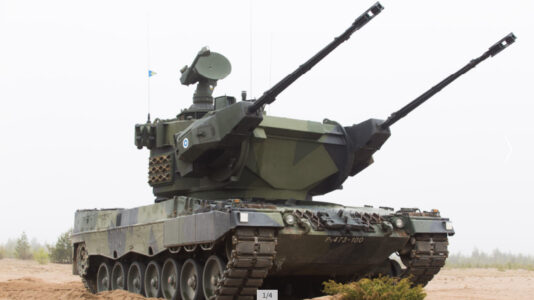With the emergence of the Second Polish Republic after World War I, a fierce dispute erupted among Polish constitutionalists and political scientists, which at one point even involved a ruling by the Supreme Court at the time.
The question was whether the reborn Poland was the same that had been unlawfully partitioned among three imperial powers in the 18th century, or whether it was a completely new state entity formed as a result of international consent concluded in 1918 by the victorious powers in the Treaty of Versailles.
This seemed at first a remote and theoretical dispute. In essence, it was about a fundamental issue. To this day, it divides us and defines us on a deeper level than just the everyday political and media brawl. It is this essential mental division in Poland that makes us feel aligned with one side or the other of the political conflict.
For some, the existence and future of Poles ultimately depend only on themselves: on their will, responsibility, strength, and courage. Without these and many other factors necessary for self-determination, there is no Poland. For others, something else is decisive: what is key is the international arrangement that can either ensure our existence and future or take them away.
In Europe, for established, stable state entities like France, Germany or Great Britain, the international framework is merely a reference point for their strategic choices. It would never occur to anyone there that their continued existence could depend on it. Their existence is based primarily on their own sovereignty – whether in the form of the French republican state, the German nation-state unity or the traditional institutions of the British constitutional monarchy.
In our case, the collision between the principle that we determine our own fate and the international conditions in which we have operated over the last two centuries has been so strong and dramatic through generations that it led to a division we still cannot overcome despite having our own state.
The desire to operate in an international system that ensures not only our prosperity but our very survival is so great that we are often ready to give up what is necessary for self-determination: will, responsibility, strength and courage.






